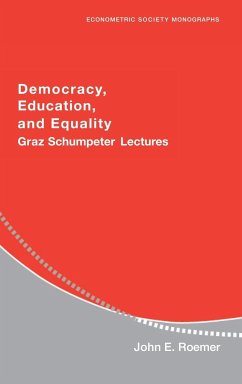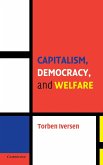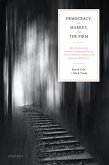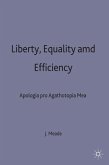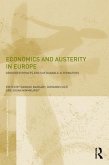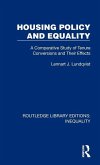This study asks whether democracy, modeled as competition between political parties that represent different interests in the polity, will result in educational funding policies that will, at least eventually, produce citizens who have equal capacities (human capital), thus breaking the link between family background and child prospects. Several models of the problem are studied, which vary according to the educational technology posited, i.e. the relationship between family inputs, school inputs, and the eventual human capital of the adult the child becomes.
Hinweis: Dieser Artikel kann nur an eine deutsche Lieferadresse ausgeliefert werden.
Hinweis: Dieser Artikel kann nur an eine deutsche Lieferadresse ausgeliefert werden.

